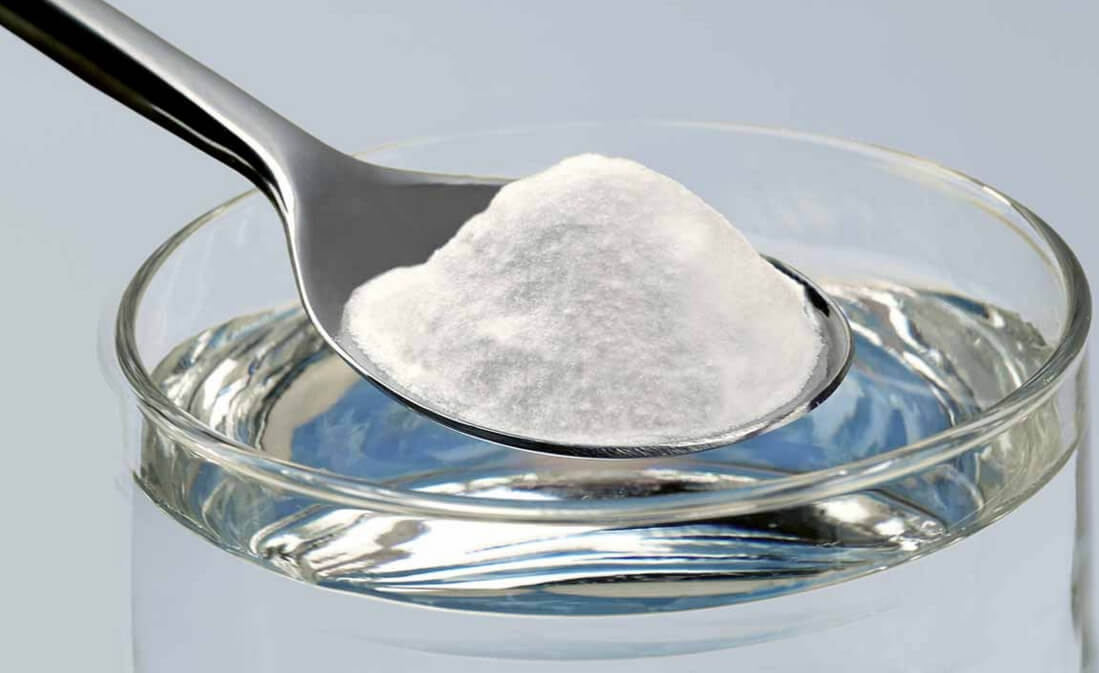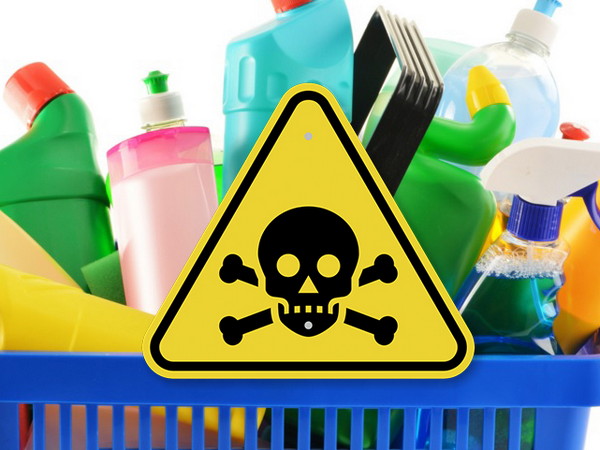Why you shouldn't wash dishes at a party
A huge number of signs associated with everyday customs are firmly ingrained in the heads of almost all people. Some people don’t attach any importance to them, while others are definitely afraid to take certain actions that could lead to trouble. Washing dishes at a party refers to this type of omen. In addition, eating is always a ritual for the family and washing used dishes and utensils is part of this daily ritual. A stranger should not interfere in any way with the usual course of events.
The content of the article
Why you can't wash dishes in someone else's house
From the distant past, a sign came to us about the danger of washing appliances by strangers in the house. Water has always been considered a kind of magical attribute, and together with the energy that charges all things in the house, they create a good tandem that protects wealth and well-being.
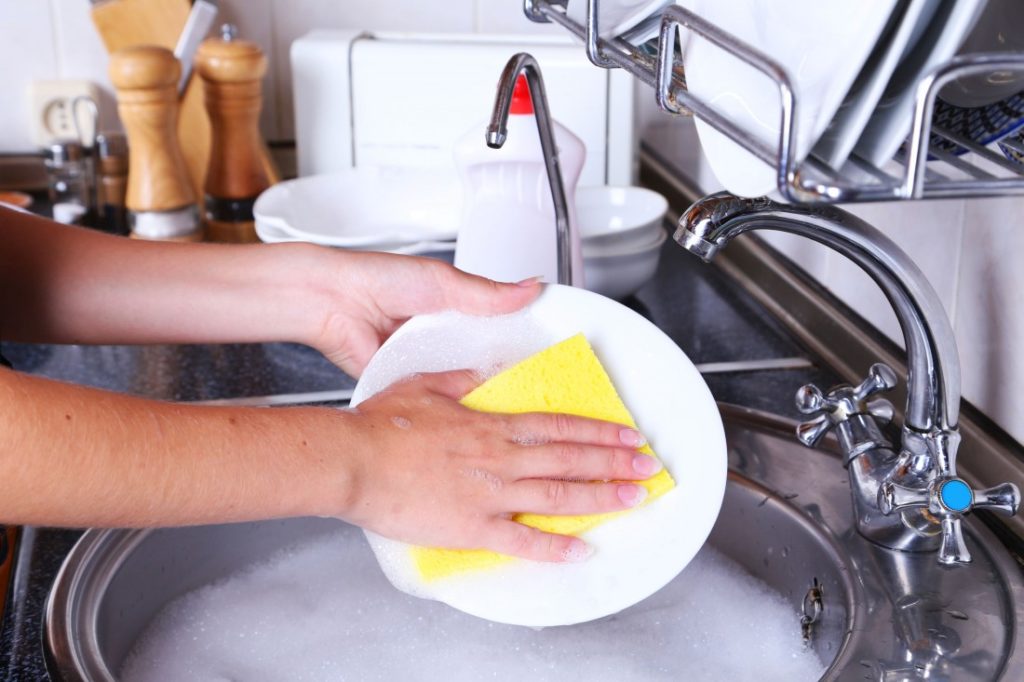
It is believed that a stranger who wants to wash dishes for the hostess may come with bad intentions or negative energy. With the help of water, energy will penetrate into the house and upset the balance. As a result, the well-being of the family will be spoiled or the marriage will be completely destroyed. Our ancestors believed in this; modern housewives, for the most part, are still afraid to trust strangers to wash their utensils.
Important! If there are doubts about the importance of this sign, then it is still better not to allow anyone else to interfere with the kitchen sink.You can easily laugh it off or assure guests that such work will only be a joy for you.
Experts say that guests of the apartment where the action takes place can be seriously offended by washing dishes. This is again connected with the well-being of the family, because the home keeper monitors the peace and tranquility in the family and home.
Signs, superstitions
There are several versions and signs about why it is forbidden to trust guests with their plates:
- troubles (any person, even a close friend, can secretly harbor anger or resentment, sometimes without even realizing it; when washing, all the negativity will be transferred to the plates, and then to the household);
- financial well-being (without realizing it, the guest washes the well-being out of the family);
- wedding superstitions (a friend should not clean up her young friend’s house, this will lead to all the suitors leaving for a more thrifty girl);
- the crown of celibacy (for some nationalities, cleaning in someone else's apartment is done deliberately to ensure the loneliness of the woman living there).
In addition, it is often believed that a girl should not start washing dishes in a house where a married couple lives. Since ancient times, it has been believed that this will lead to the husband leaving the family to this more economical lady.
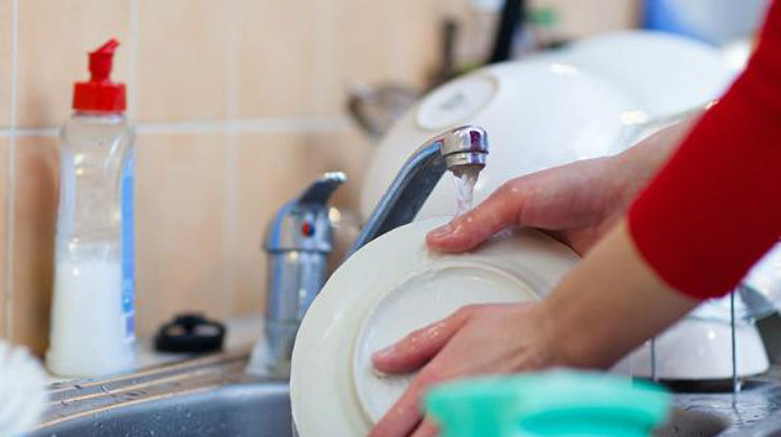
Important! If the hostess did not have time to refuse help or the guest was too persistent, he should be given a small money for his work. This will help you get out of trouble.
For ethical or hygienic reasons
From the point of view of hygienic reasons, you should also not allow guests to wash dishes. As a rule, at home parties, everyone present is dressed in beautiful suits and dresses. There is absolutely no need to stain expensive outfits with dirty dishes.The hostess must take this into account in advance and suppress all attempts to help from invited people.
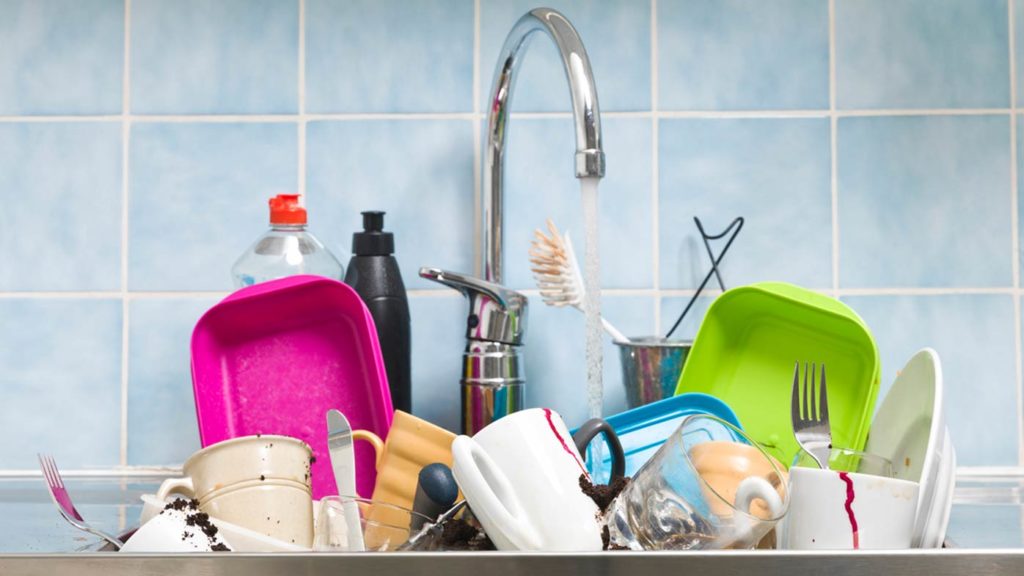
Important! To resolve the issue quickly and without problems, it is worth purchasing a good and spacious dishwasher. Washing appliances will become a simple and affordable task that will not take up the time of either the hostess or her guests.
For ethical reasons, you should also not allow others to interfere in the kitchen. Guests come to the holiday to have fun and relax; the host undertakes in advance to provide those who come with everything they need free of charge. Dishes and dishes are served in beautiful dishes, but this does not mean that guests will have to wash them after themselves. The hostess should make sure in advance that everyone feels comfortable and does not feel obliged to wash the dishes.




